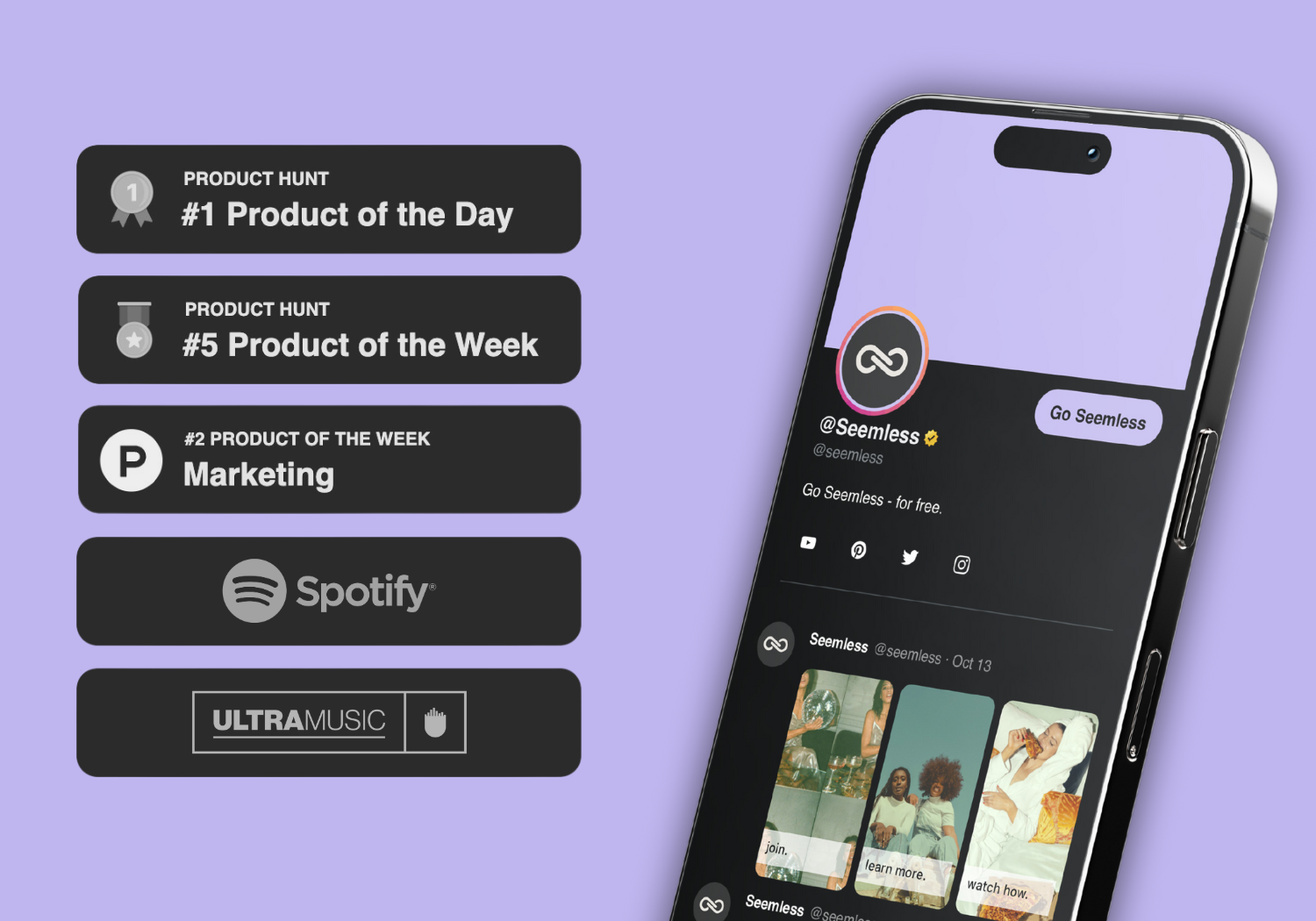Attention Deficit Hyperactivity Disorder (ADHD) is often perceived as a childhood condition, but it persists into adulthood for many individuals. You may find that ADHD manifests differently in adults compared to children. While hyperactivity may diminish, symptoms such as inattention, impulsivity, and emotional dysregulation can remain prominent.
Understanding these nuances is crucial for you to navigate your daily life effectively. Recognizing that ADHD is not merely a lack of willpower or discipline can help you approach your challenges with compassion and a sense of empowerment. As an adult with ADHD, you might experience difficulties in various aspects of life, including work, relationships, and personal well-being.
You may struggle with maintaining focus during meetings, managing time effectively, or regulating your emotions in stressful situations. These challenges can lead to feelings of frustration and inadequacy. However, it’s essential to remember that ADHD is a neurodevelopmental disorder that affects the brain’s executive functions.
By understanding the underlying mechanisms of ADHD, you can develop strategies to manage your symptoms and improve your quality of life.
Key Takeaways
- ADHD in adults is often misunderstood and can manifest as difficulty with focus, organization, and impulsivity.
- Managing ADHD symptoms in the workplace can be achieved through strategies such as breaking tasks into smaller steps and using tools like timers and reminders.
- Improving focus and attention can be achieved through techniques such as mindfulness, regular exercise, and minimizing distractions.
- Organizing and managing time can be improved by using tools like planners, setting realistic goals, and breaking tasks into smaller, manageable steps.
- Coping with emotional dysregulation and impulsivity can be achieved through techniques such as deep breathing, seeking therapy, and practicing self-awareness.
Tips for Managing ADHD Symptoms in the Workplace
Creating a Conducive Work Environment
To start, consider creating a structured environment that minimizes distractions. This might involve organizing your workspace to reduce clutter, using noise-canceling headphones to block out background noise, or finding other ways to create a comfortable and focused workspace.
Establishing a Routine and Communicating with Your Team
Establishing a routine can also be incredibly beneficial. Having a consistent schedule helps you stay on track and reduces the cognitive load of decision-making throughout the day. Additionally, communication is key in the workplace. If you feel comfortable, consider discussing your ADHD with your supervisor or colleagues. This openness can foster understanding and support, allowing you to request accommodations that may enhance your productivity.
Advocating for Yourself and Requesting Accommodations
Remember, advocating for yourself is not a sign of weakness; it’s a proactive step toward creating an environment where you can thrive. For instance, you might ask for flexible work hours or the option to work remotely on certain days. By speaking up and requesting the support you need, you can create a more conducive work environment that allows you to reach your full potential.
Strategies for Improving Focus and Attention

Improving focus and attention is a common goal for adults with ADHD, and there are several strategies you can employ to achieve this. One effective method is the Pomodoro Technique, which involves working in short bursts followed by brief breaks. For example, you might work for 25 minutes and then take a 5-minute break.
This approach not only helps maintain your concentration but also prevents burnout by allowing your brain to rest periodically. Another strategy is to break tasks into smaller, manageable chunks. Large projects can feel overwhelming, leading to procrastination or avoidance.
By dividing tasks into smaller steps, you create a clear roadmap that makes it easier to stay focused and motivated. Additionally, consider using visual aids such as checklists or progress charts to track your accomplishments. Seeing your progress can provide a sense of achievement and encourage you to keep moving forward.
Tips for Organizing and Managing Time
| Tip | Description |
|---|---|
| Prioritize tasks | Identify the most important tasks and focus on completing them first. |
| Set deadlines | Establish specific deadlines for tasks to create a sense of urgency. |
| Use a planner | Keep track of appointments, deadlines, and to-do lists in a planner or digital calendar. |
| Eliminate distractions | Avoid multitasking and minimize interruptions to stay focused on tasks. |
| Take breaks | Schedule regular breaks to rest and recharge, improving overall productivity. |
Time management is often a significant challenge for adults with ADHD, but there are practical techniques you can adopt to improve your organizational skills. One effective approach is to use digital tools such as calendars or task management apps. These tools can help you set reminders for deadlines and appointments, ensuring that nothing slips through the cracks.
You might also find it helpful to color-code tasks based on priority or category, making it easier to visualize your responsibilities. In addition to digital tools, consider implementing a daily planning routine. Each morning or the night before, take a few minutes to outline your tasks for the day.
Prioritize them based on urgency and importance, and allocate specific time slots for each task. This structured approach not only helps you stay organized but also provides a sense of direction throughout the day. Remember to be flexible; if something unexpected arises, adjust your plan accordingly without being too hard on yourself.
Coping with Emotional Dysregulation and Impulsivity
Emotional dysregulation and impulsivity are common challenges faced by adults with ADHD. You may find yourself experiencing intense emotions or acting on impulse without fully considering the consequences. To cope with these feelings, developing emotional awareness is crucial.
Take time to identify your emotional triggers and recognize when you’re feeling overwhelmed. Practicing mindfulness techniques, such as deep breathing or meditation, can help ground you during moments of emotional turbulence. Additionally, consider implementing strategies to manage impulsivity.
For instance, when faced with a decision, give yourself a moment to pause and reflect before acting. You might even create a personal “cooling-off” period where you wait a few minutes before responding to an impulse. This practice allows you to evaluate the situation more clearly and make more thoughtful choices.
Remember that it’s okay to seek support from friends or mental health professionals when navigating these challenges; you don’t have to face them alone.
Tips for Improving Relationships and Communication

Practicing Active Listening
To enhance your relationships, consider practicing active listening skills. This involves fully engaging in conversations by making eye contact, nodding in acknowledgment, and summarizing what the other person has said before responding. By demonstrating that you value their input, you foster deeper connections and mutual understanding.
Open Communication and Mutual Support
Moreover, open communication about your ADHD can strengthen relationships with friends, family, and partners. Sharing your experiences allows others to understand your perspective better and provides an opportunity for them to offer support when needed.
Building Trust and Understanding
It’s essential to express your needs clearly while also being receptive to their feelings and concerns. Building this foundation of trust and understanding can lead to more fulfilling relationships.
Self-Care Strategies for Adults with ADHD
Self-care is vital for adults with ADHD as it promotes overall well-being and helps manage symptoms effectively. Prioritizing physical health through regular exercise, balanced nutrition, and adequate sleep can significantly impact your mood and cognitive function. Engaging in physical activity releases endorphins that boost your mood and improve focus; even short walks or stretching sessions can make a difference.
In addition to physical self-care, consider incorporating relaxation techniques into your routine. Activities such as yoga, meditation, or journaling can help reduce stress and enhance emotional regulation. Finding hobbies that bring you joy is equally important; whether it’s painting, gardening, or playing an instrument, engaging in creative outlets allows for self-expression and relaxation.
Remember that self-care is not selfish; it’s an essential component of managing ADHD effectively.
Resources and Support for Adults with ADHD
Finding resources and support is crucial for adults navigating life with ADHD. Numerous organizations offer valuable information, workshops, and support groups tailored specifically for adults with ADHD. The Attention Deficit Disorder Association (ADDA) provides resources ranging from webinars to community forums where you can connect with others who share similar experiences.
Additionally, consider seeking professional help from therapists or coaches specializing in ADHD management. They can provide personalized strategies tailored to your unique challenges and goals. Online communities and social media groups can also be excellent sources of support; connecting with others who understand your journey fosters a sense of belonging and encouragement.
In conclusion, living with ADHD as an adult presents unique challenges but also offers opportunities for growth and self-discovery. By understanding your condition and implementing effective strategies for managing symptoms, improving focus, organizing time, coping with emotional dysregulation, enhancing relationships, prioritizing self-care, and seeking support, you can lead a fulfilling life while embracing the strengths that come with ADHD. Remember that you are not alone on this journey; there are resources available to help you thrive every step of the way.

